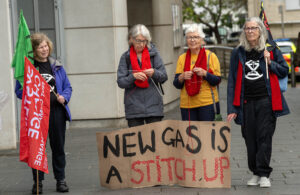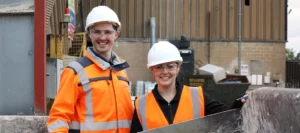Reducing car dependency is essential, new report
Reducing car dependency is key to decarbonising transport, according to a new report published by The Transport Planning Society.
Transport is the UK’s largest source of greenhouse gas emissions, and unlike other sectors, emissions from road transport increased by 6% from 1990 to 2017.
Therefore decarbonising this industry is a key part of any strategy to reaching net-zero emissions and combatting climate change.
On behalf of the Transport Planning Society, experts at the University of Hertfordshire’s Smart Mobility Unit reviewed travel trends and behaviours, current government policy, regional transport planning, spending and investment and transport taxes to charges.
Having conducted a review, the authors of the report outline that transport policy needs to be more inclusive by unhooking people from car dependence and giving individuals more travel choices, including travelling less.
The author of the report suggests that governments should give transport planners, especially in local and sub-national authorities, the policies, tools, funding, data and freedoms to improve the transport system for all users to provide a better quality of life for people and communities across the nations.
The report states that Transport for London should serve as a model for well-resourced local and regional authorities, combining spatial and transport planning and with their own revenue-raising powers, but with requirements for setting pathways to cut CO2 emissions.
Stephen Bennett, chair of the Transport Planning Society, said: ‘Transport planning is about improving people’s lives and creating better places by developing an efficient, integrated and healthy transport system.
‘Today’s new research by experts at the University of Hertfordshire makes clear that to create a sustainable system and healthier places for people, we need to release ourselves from car-dependency.
‘That means government seriously shifting resources to sustainable transport, ensuring this is integrated with the planning system and reducing the cost of using public transport.
‘We need to make sustainable modes of transport the easiest and safest choices, resulting in cleaner air, healthier lifestyles and potential savings. I hope my fellow planners and policy-makers will read the report with interest and reflect on what we can all do better.’
Photo Credit – Pixabay















